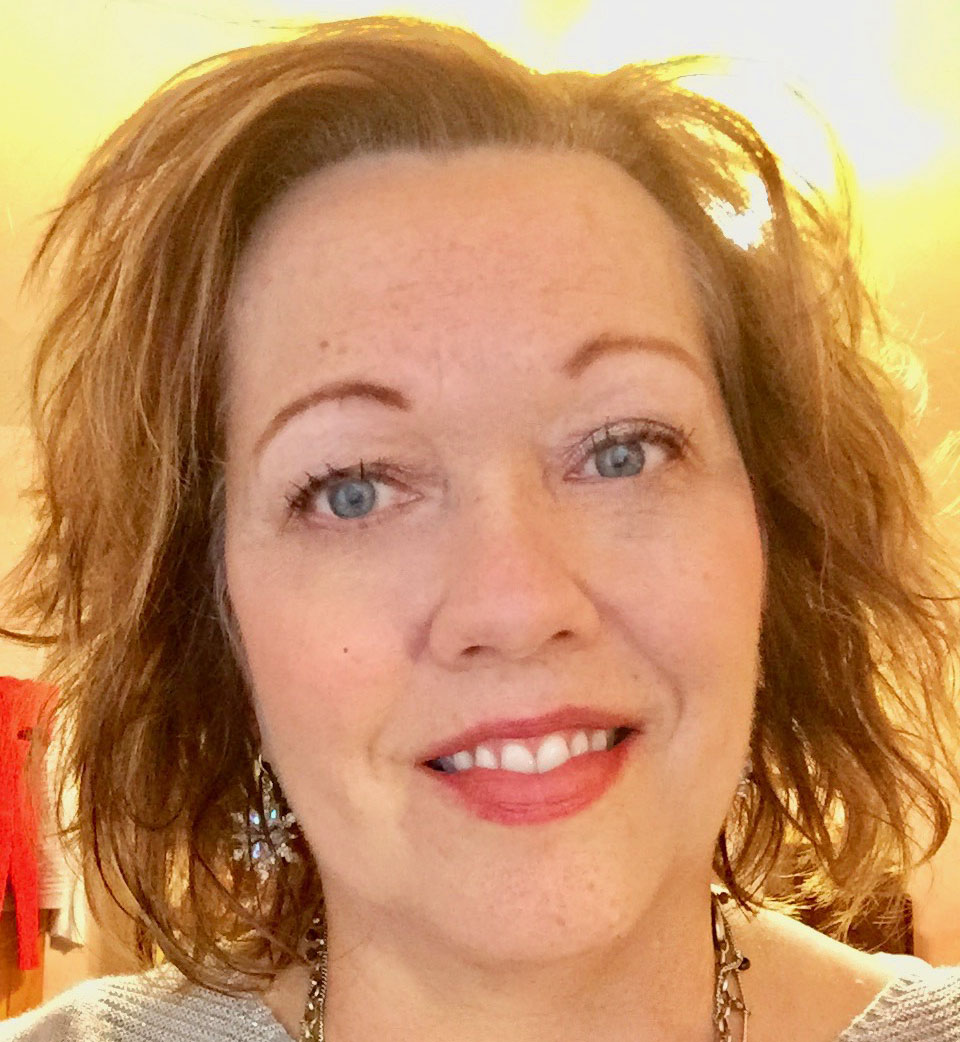Interview with Donna Miazga of Badger State Speechy

Donna Miazga is a teacher-author with both a website and a digital products store on Teachers pay Teachers, by the name “Badger State Speechy.” Donna enjoys blogging and creating products about all areas of the field of speech language pathology, but is particularly passionate about autism and social communication. Donna has been a licensed Speech Language Pathologist for over 25 years first working in medical settings and brain injury rehabilitation before switching to the public school setting. Donna has worked with children of all age groups. Donna is a published author of “The Reintegration Resource: Compensatory Bridges to Independence” and a member of the educational advisory board for Free Spirit Publishing. Donna lives with her husband and family outside of Madison Wisconsin and works as a Speech Language Pathologist in a public school setting.
Note: You should consult with your doctor or speech pathologist for recommendations on treatment. The views and opinions expressed in this article are those of Donna Miazga and do not necessarily reflect the official policy or position of SpeechPathologyMastersPrograms.com
What inspired you to start Badger State Speechy?
I have always loved to write and I enjoyed reading “Speechy Musing’s” blog. My daughter, who was in middle school at the time, wanted to start a blog or a Youtube channel. I challenged her to act on her idea and start her own blog. She hesitated, so I committed to starting mine, thinking it might get her moving on her idea. She never thought I would do it but I wanted to show her that we can follow our passions but it takes more than just ideas, it takes dedication and follow-through. She never did start her blog, but I hope that my following through with my plan will inspire her in some way, at some point in her life!
What do you hope your readers get out of your posts?
Knowledge and inspiration. The work of a Speech Language Pathologist is so complex and nuanced, especially the area of social communication disorders. I hope that someone reading a post either learns a piece of information or gets inspired to try a therapy approach or activity.
What is it like transitioning from working with adults as a medical SLP to working with children in a school setting? Is there any way in which one experience has benefitted the other?
I had a strong background in working with teenagers and adults with brain injuries. The brain injury experience was helpful because of the similarities between brain injury and learning disabilities (issues with executive functions), and a large part of brain injury rehabilitation was working on social communication. In brain injury rehab, we focused on meta-cognition or thinking about how we think. When I entered the school setting, my goal was to help students with autism or other challenges think more about their own thinking and communication patterns. When I started working with children with autism, I felt like I had landed, that this was something I was supposed to be doing.
You talk a bit about the concept of having a “growth mindset” in your blog- the belief that intelligence is flexible and can improve. What tips to you have for integrating this principle into the classroom?
I believe strongly in the SLPs role in both behavior management and social communication and growth mindset is a fabulous tool for both! If I can teach my students to persevere through frustrations and still focus on learning, while tolerating these frustrations, that is a huge life lesson. One tip I have is taking advantage of teachable moments. In my therapy room, I hear students say “this will be so hard” and other self-defeating statements. They are giving up before they even attempt a task. These are teachable moments. I give specific feedback at these times, not just “good job” but “you were frustrated but you worked through it” and I allow time for reflection on their success. A second way has been to incorporate books that teach a growth mindset into my sessions. Recently, our school team helped a student with autism learn to accept that things that are broken can be fixed. Using the book, Beautiful OOPS, we taught him that mistakes and imperfections are okay. He is no longer having meltdowns over small “errors” like cutting outside the line. Instead, he says, “that was a little oops” and perseveres through the task. This is a lesson that translates to all areas of his life.
What do you consider the biggest challenges to conducting social interventions? What are some solutions?
There are many challenges, it’s hard to pick just a few! One challenge is the step where we increase our student’s awareness of their communication difficulty. I often feel like I’m walking a thin line between helping them become more self-aware of their difficulty while making sure they don’t feel badly about themselves because of it. I find that showing students an example of their communication difficulty in a book or you tube clip is a good way of introducing the deficit area to them. I can be more specific in my teaching because my student is not taking it personally. We work on sensitive stuff with our clientele. We can’t just come out and say, “you monopolize conversations and we need to work on it.” Building self-awareness is a more sensitive “dance.” Another challenge for me has been running social skills groups that contain students with autism and students with mental health challenges. These groups run smoother when I can team-teach with a guidance counselor or special education teacher, each focusing on our areas of expertise.
What is your advice for SLP graduate students?
Pursue your passion and don’t stop until you find it!

